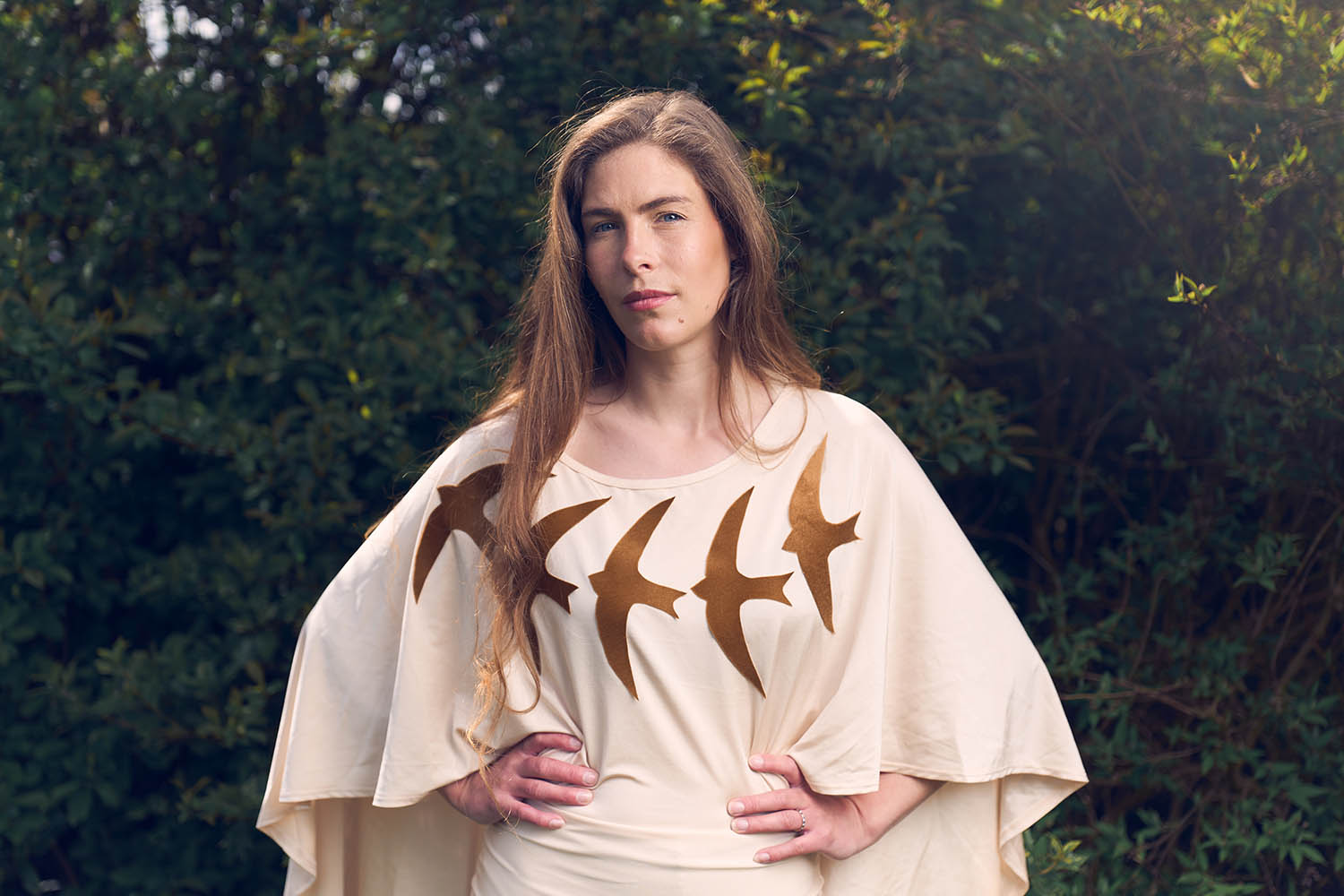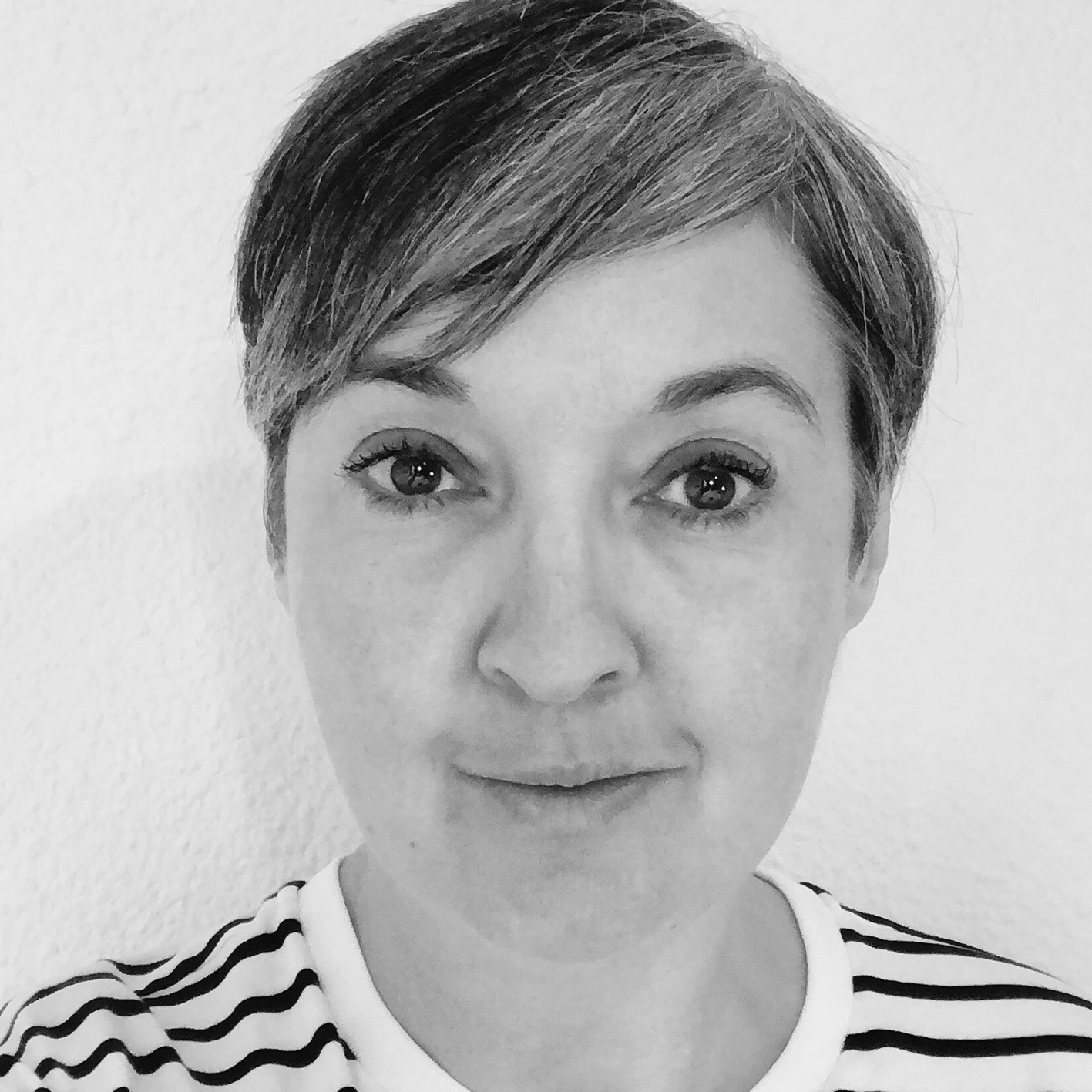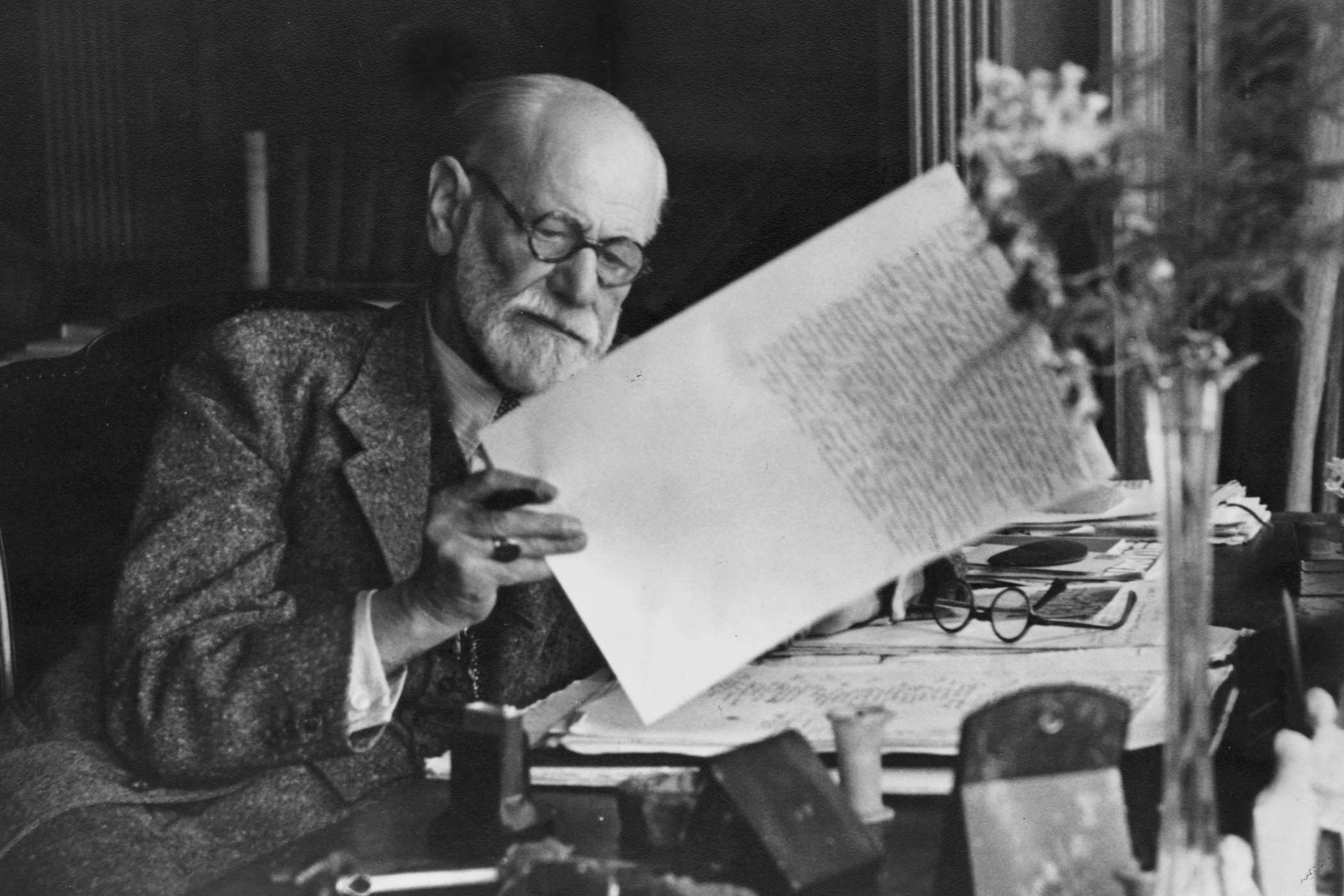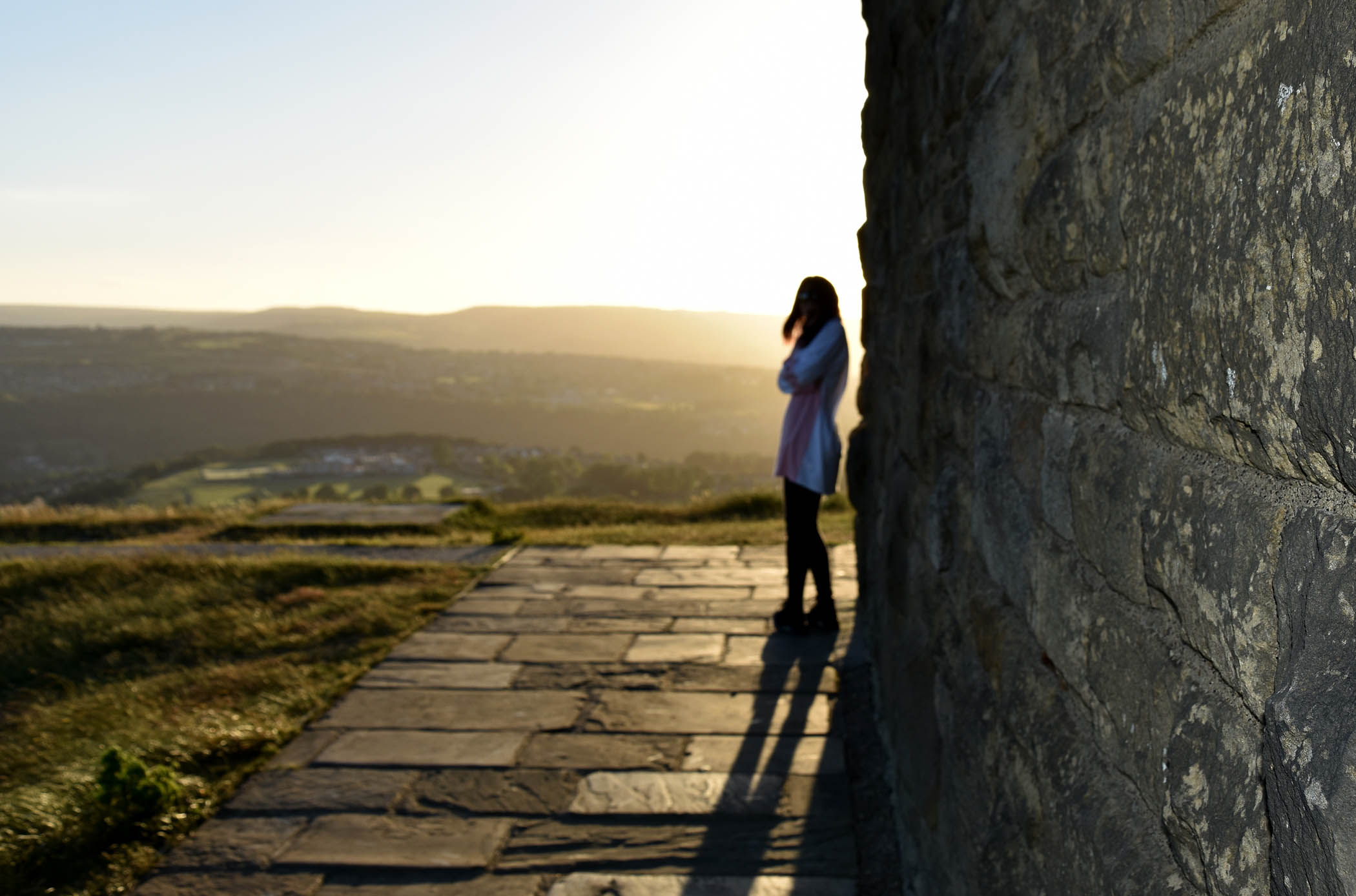Born in Dorset, Hannah Bourne-Taylor, 38, is a conservationist who launched a national campaign for swifts, The Feather Speech, in 2022. At its heart was a petition asking for “swift bricks” to be made compulsory across new housing in Britain; the bricks provide crucial nesting sites for swifts and three other threatened species: house sparrows, house martins and starlings. A “swift bricks” amendment has been tabled to the Planning and Infrastructure Bill that is currently at committee stage in parliament. Bourne-Taylor’s book, Nature Needs You: The Fight To Save Our Swifts, is published this week. She lives in north Oxfordshire with her husband, Robin.
In Nature Needs You, your love of all birds is infectious, but the swift is particularly important. Why?
My favourite subject – lock the doors – let’s go! Swifts are amazing because they spend more time airborne than any other bird, yet when they come home, they come home to us. I love that paradox. They’re also poster children for biodiversity. They cross borders, but they sleep inches away from us. That blows my mind.
What was your first encounter with swifts?
Growing up watching them zooming over the rooftops of any village that I lived in – and I lived in 19 houses as a child, all across Britain, because of my parents’ jobs [her mother was a nurse, her father an ecologist], so I had a very disrupted childhood. Swifts gave me routine and wonder from that ringside seat at home. I didn’t have to go anywhere. They were right there with me.
Your previous book, Fledgling, was about a baby bird that nested in your hair for 84 days when you were living in Ghana, homesick, without a work visa. Did that require a combination of fortitude and madness?
I think the strongest instinct that we all possess is the one to protect what we love. To me, birds are home, so when I was homesick, they were the root of home I turned to. Plus, they are hope to me, so even though it does sound a bit crazy to commit my time to raising a tiny bird, it makes complete sense because I commit. I’m all or nothing.
You became known for your nearly naked body-painted protests about swifts. Why that approach?
I know it sounds radical and maybe emotional, but actually it was highly strategic. I knew that no one would care at all about my campaign unless I managed to court the media in some way. So for me, it was this: do I break the law or do I get naked? It was just a normal thought process, nothing bold or courageous or dramatic, just about finding a logical way to try to solve a problem.
After your protests, you had to deal with a lot of online misogyny. How did you cope?
Newsletters
Choose the newsletters you want to receive
View more
For information about how The Observer protects your data, read our Privacy Policy
People are going to judge you if you put yourself out in public naked, and I don’t have a thick skin. I care the most when people start judging me – I find that harder to deal with than someone telling me that I deserve to be gang raped, which happened online, which is a horrific thing. But I’ve got this weird paradox of extreme vulnerability and then having to have, as a result of that, extreme and persistent resilience. And I’m still here, campaigning.
Swifts gave me wonder from a ringside seat at home
Swifts gave me wonder from a ringside seat at home
You received a first-class degree in fashion photography from the London College of Fashion. Did that help train your eye to birds?
I think it did. As a photographer, you observe, you see compositions, and you think about moments in time. Also, my father, an ecologist, taught me to notice things, not just to look at them.
Your campaign continues. Is the Labour government helping you more than the Tories?
So far, the new government is behaving identically on this issue and not representing the public concern. I’ve been messed around by several politicians now, including Michael Gove. I feel almost numb to him.
Why?
Because I sat across the table from him and explained that without swift bricks, these birds would die out, after 60 million years of existence. I cannot comprehend how any human being who knows that information and has the authority to act wouldn’t do that.
Which politician is most important to you now?
The prime minister. I’ve heard that it’s No 10 blocking swift bricks because they believe they will block development. That is not true.
Zac Goldsmith, a great supporter of your work, is now working for the Bezos Earth Fund. Do you think billionaires like Jeff Bezos intend to make a difference, or is this greenwashing?
On a superficial level, the red flags are pretty obvious. But when it comes to Zac, environmental campaigning is his heartbeat, and I trust him completely. So as a result, I trust the Bezos Earth Fund. Zac’s done some extraordinarily things, especially in Indonesia, extending the national park – the only park that has rhinos, orangutans, elephants and tigers – and protecting particular pieces of land that are globally significant in terms of dictating climate and biodiversity.
Your husband, Robin Bourne-Taylor, was an Olympic rower and British army captain – he holds a Conspicuous Gallantry Cross for his service in Afghanistan. Does that set the bar terrifyingly high?
Yes [laughs]. I don’t think I’m in a particularly normal environment! My husband, you could describe, genuinely, as being like a superhero. But as an Olympic rower, he spent eight years of his life having this obsessive goal, for which he had to do something over and over again and expect a different outcome every time he didn’t win. What better lesson for my campaign!
Nature Needs You: The Fight To Save Our Swifts is published by Elliott and Thompson on 1 May (£16.99). Order it at observershop.co.uk to receive a special 20% launch offer. Delivery charges may apply
This article has been amended since publication



